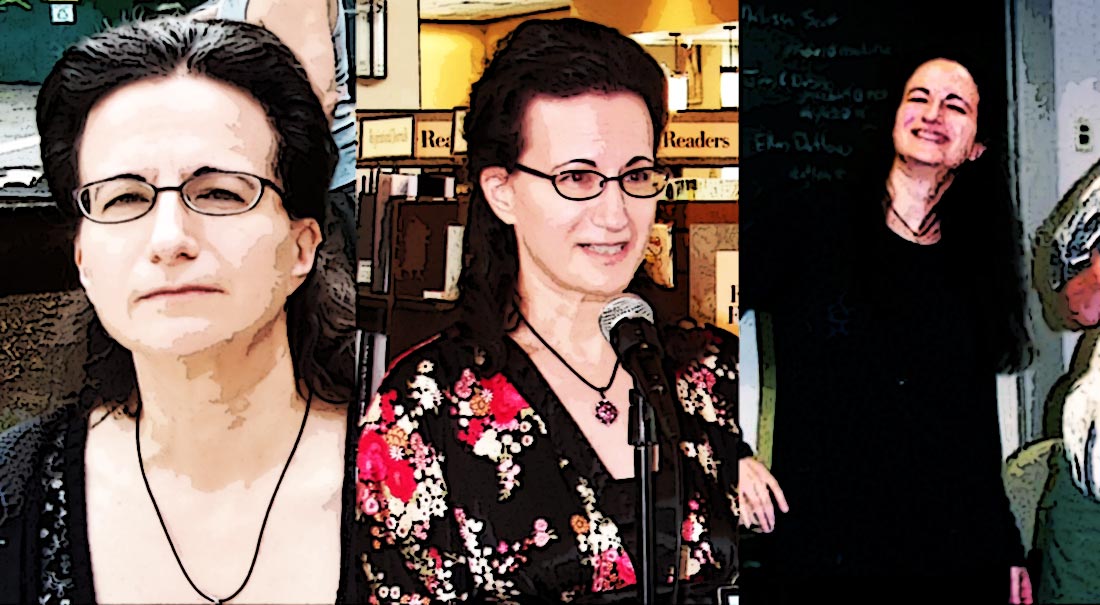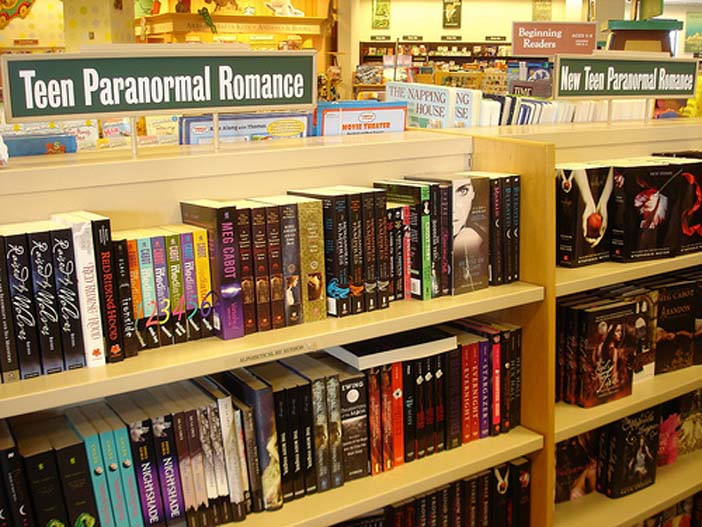
Lauren Oliver brings so much fabulousity into the world – through her novels, including the much-lauded “Delirium” series, “Liesl and Po” and “The Spindlers“, and more, AND her work with partner-in-crime-and-story Lexa Hillyer at the astonishing Paper Lantern Lit – and the adventure of her pursuits thus far has refined her awareness of the writers craft without blunting her delight in the process. During this 20(ish) minutes of intriguing conversation, Ryan Stevenson and I discover Laurens perspectives on the collaborative process, the power and virtue of YA literature, the power of understanding plot, and so much more… hit that play button and let’s dig into this! (and Lauren’s Workshop Episode is a Literary Gold fest!)
PROMO: The Podio Rookie podcast with Kenn Crawford
Showcase Episode: 20 Minutes with Lauren Oliver
[caution: mature language – listener discretion is advised]
Podcast: Download (Duration: 38:26 — 26.4MB)
Subscribe: RSS
Check out this and all our episodes on iTunes and on Stitcher Radio!
So much awesomeness from Lauren…
- Discover all the wonderful stuff that Lauren is about on her website
- There is a wealth of literary wonder awaiting you at Lauren’s Amazon Page
- And you GOTTA check out the awesomeness that IS Paper Lantern Lit!








Sounds like a great way to take advantage of writers and make a lot of money. Plus, actual writers live to generate their own ideas. I’m never at a loss for something to write about. I am often at a loss for time to write, but never ideas. If you don’t have an active imagination and cannot generate ideas, I’m pretty sure you wouldn’t be drawn to writing. Plus, my writing takes on a life of its own. My stories rarely end up where I plot them to go because the characters take over. This all just sound a bit like–let’s strip writers of their ability to create a name and make money for themselves so we can make all the money. I smell fish.
Let me be clear on this: it is NOT okay to malign the reputation and integrity of one of our Guest Hosts in the public comment section of the Roundtable website.
Michele, I understand that you have opinions about the suitability of the Paper Lantern Lit model as a viable path for aspiring writers. But if you’re going to imply that one of the Roundtable’s Guest Hosts are actively exploiting authors for profit, you need to bring some actual proof of exploitation or wrong-doing. If you have concerns, contact us via email and we’ll work it out. This podcast has always advocated a positive and supportive environment for writers to explore their craft. Using it as a venue for fear or the spreading libelous gossip and speculation goes against pretty much everything we’re trying to accomplish.
I anguished over whether or not to pull this comment down. In the end, I opted to leave it up in the spirit of full disclosure… and I AM willing to entertain a civilized discourse and inquiry on the subject of PPL’s business/publication model.
To that end, let me offer my perspective…
I don’t think anyone is implying that Paper Lantern Lit is THE solution for EVERY writer, Michele. However, it seems there are numerous advantages for the un-published writer.
First and foremost, their work is being mentored and edited by Lexa and Lauren, two veterans of the industry. I don’t think many unpublished writers would consider themselves beyond receiving guidance from two editors vetted by two of the big six publishing companies. Plus Lauren’s own fiction is incredibly successful, one novel being optioned for film.
I don’t think anyone implied that the authors of PPL are unable to come up with their own ideas. In reviewing the discussion, it seems clear that Lexa, Lauren, and their team develop story ideas they feel will be well-received by today’s publishers (based on their insight and experience). They then seek talented writers to write these stories, after which PPL leverages its contacts and reputation in the industry to get the work published.
And those published works – with the writer’s name clearly listed as the author thereof – are being published by respected publishing companies like Penguin/Random House and Simon & Schuster. Regardless of the source of their ideas, those authors are getting exposure and acquiring a fan base that will follow them long after their tenure with PPL.
And finally, several of their writers have elected to return for a second and even a third novel! I don’t know what kind of financial arrangements PPL makes with them, but there must be something in the relationship they find profitable.
If anyone has anything constructive to add, I welcome their insights.
Aaaaand following up…
Here is a fabulous post from the Bookshelvers Anonymous blog. The author apparently felt the same way about PLL as Michele did, but took it a step further: http://shelversanon.blogspot.com/2013/02/paper-lantern-lit-squicky-or-ingenious.html
Also, check out the comments for that post… there’s an outstanding statement by PLL author Lauren Morrill!
In addition, PLL author Fiona Paul wrote a GREAT series of blog posts about “Work For Hire” (or WFH) at her author site:
Part 1: http://fionapaulbooks.blogspot.com/2013/03/whats-it-like-writing-work-for-hire.html
Part 2: http://fionapaulbooks.blogspot.com/2013/03/whats-it-like-writing-work-for-hire_14.html
Part 3: http://fionapaulbooks.blogspot.com/2013/03/is-work-for-hire-right-for-you.html
These authors – who have worked extensively with PLL – do a superb job of articulating how a “literary incubator” works and the pros and cons of working with one.